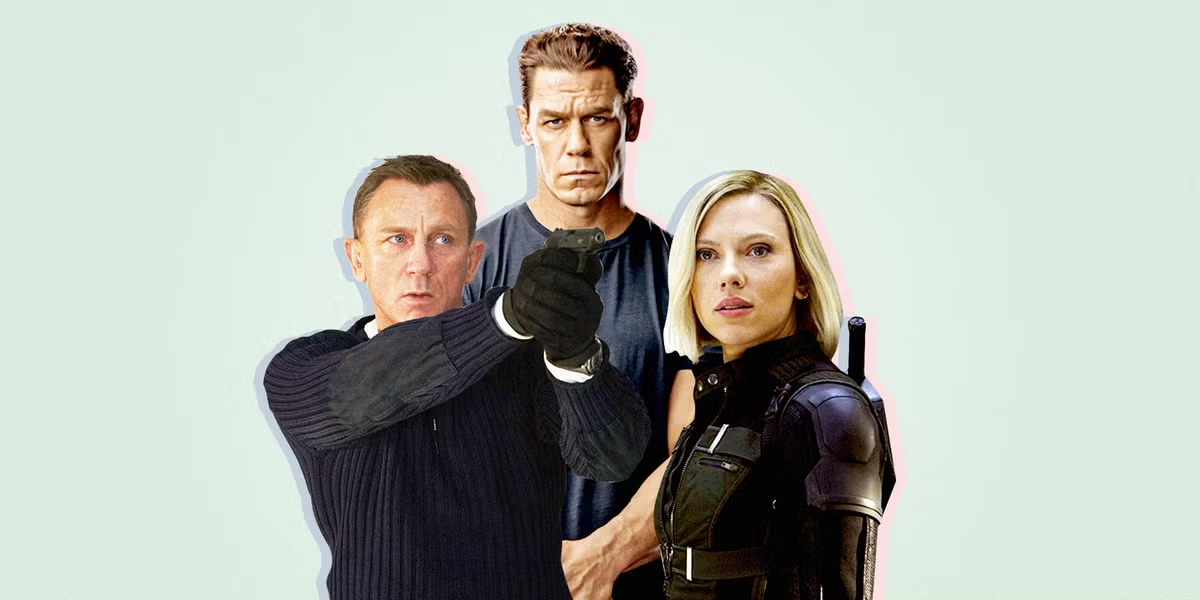In the vast landscape of cinema, few films possess the raw emotional power and historical significance of Steven Spielberg's 1993 masterpiece, Schindler's List. More than just a historical drama, this unflinching and deeply moving account of Oskar Schindler, a German businessman who saved the lives of over a thousand Polish-Jewish refugees during the Holocaust, is a profound meditation on the capacity for human goodness amidst unimaginable evil. Shot in stark black and white, with moments of searing color that underscore the preciousness of life, Schindler's List is a cinematic experience that sears itself into the viewer's soul, a testament to the resilience of the human spirit in the face of utter devastation.

The film initially introduces us to Oskar Schindler, portrayed with charismatic complexity by Liam Neeson. A shrewd and opportunistic entrepreneur, Schindler arrives in Krakow amidst the Nazi occupation with an eye for profit. He establishes an enamelware factory, utilizing the cheap labor of Jewish workers from the nearby ghetto. Initially driven by self-interest, Schindler's character undergoes a gradual and transformative evolution as he witnesses the escalating brutality and dehumanization inflicted upon the Jewish population.
The stark reality of the Holocaust is depicted with unflinching honesty, particularly through the harrowing portrayal of the Krakow ghetto's liquidation and the horrors of the Plaszów concentration camp, overseen by the sadistic Amon Göth, chillingly brought to life by Ralph Fiennes. These sequences, shot with a documentary-like realism, are difficult to watch but essential in conveying the systematic cruelty and dehumanization of the Nazi regime. Spielberg masterfully balances the grand historical narrative with intimate personal stories, allowing the audience to connect with the individual lives caught in the machinery of genocide.
The turning point for Schindler comes not in a single dramatic moment, but through a series of accumulating observations and a growing sense of moral obligation. Witnessing the casual cruelty and the systematic extermination of innocent lives begins to chip away at his initial indifference. The pivotal figure in Schindler's transformation is Itzhak Stern, played with quiet dignity and profound humanity by Ben Kingsley. Stern, a Jewish accountant with a deep understanding of the ghetto's inner workings, becomes Schindler's guide and conscience, subtly influencing his employer's actions and ultimately becoming his partner in the extraordinary rescue effort.
The creation of "Schindler's List" – a list of over a thousand Jewish workers deemed essential for Schindler's factory and thus spared from deportation to Auschwitz – forms the heart of the film's narrative. This act of defiance, driven by a burgeoning sense of moral responsibility and a desperate race against time, becomes Schindler's legacy. The film powerfully conveys the immense risks Schindler took, leveraging his wealth, connections, and cunning to save as many lives as possible.
Spielberg's decision to primarily shoot the film in black and white lends it a stark and timeless quality, evoking the historical footage of the era and emphasizing the gravity of the events depicted. The few instances of color – most notably the iconic image of the little girl in the red coat – serve as poignant reminders of the individual humanity lost amidst the overwhelming darkness. This visual choice underscores the preciousness of life and the profound tragedy of its senseless destruction.
The performances in Schindler's List are universally exceptional. Liam Neeson delivers a career-defining portrayal of Schindler, capturing his initial opportunism and his eventual profound empathy. Ben Kingsley's Stern is a quiet force of moral strength, a counterpoint to Schindler's more flamboyant personality. Ralph Fiennes's Amon Göth is a terrifying embodiment of casual cruelty, a portrait of the banality of evil that is deeply unsettling.
John Williams's haunting and evocative score further amplifies the film's emotional impact, underscoring the tragedy and the moments of fragile hope. The simple, mournful melody associated with the list itself has become instantly recognizable and deeply affecting.
Schindler's List is more than just a historical account; it is a profound exploration of the human capacity for both unimaginable cruelty and extraordinary compassion. It forces us to confront the darkest chapters of human history while simultaneously offering a glimmer of hope in the actions of one man who chose to make a difference. The film raises fundamental questions about morality, responsibility, and the power of individual action in the face of systemic injustice.
The film's enduring power lies in its unflinching portrayal of the Holocaust while also celebrating the resilience of the human spirit. The stories of the individuals saved by Schindler, their faces etched with gratitude and survival, serve as a powerful testament to the impact of one person's courageous actions.
Schindler's List is not an easy film to watch, but it is an essential one. It serves as a vital reminder of the horrors of the Holocaust and the importance of remembering this dark chapter of history to prevent future atrocities. It is a film that challenges us to examine our own capacity for empathy and action in the face of injustice.
Ready to witness the extraordinary true story of courage and compassion in the face of unimaginable darkness? You can own Steven Spielberg's powerful masterpiece, Schindler's List (1993), today! Explore today on DVD, Blu-ray, and in stunning 4K Ultra HD at MediaHornet.com. Don't miss your chance to own this historically significant and profoundly moving film and experience its enduring testament to the human spirit whenever you desire. Head over to MediaHornet.com now and add Schindler's List to your collection – its powerful message will resonate with you for years to come.
